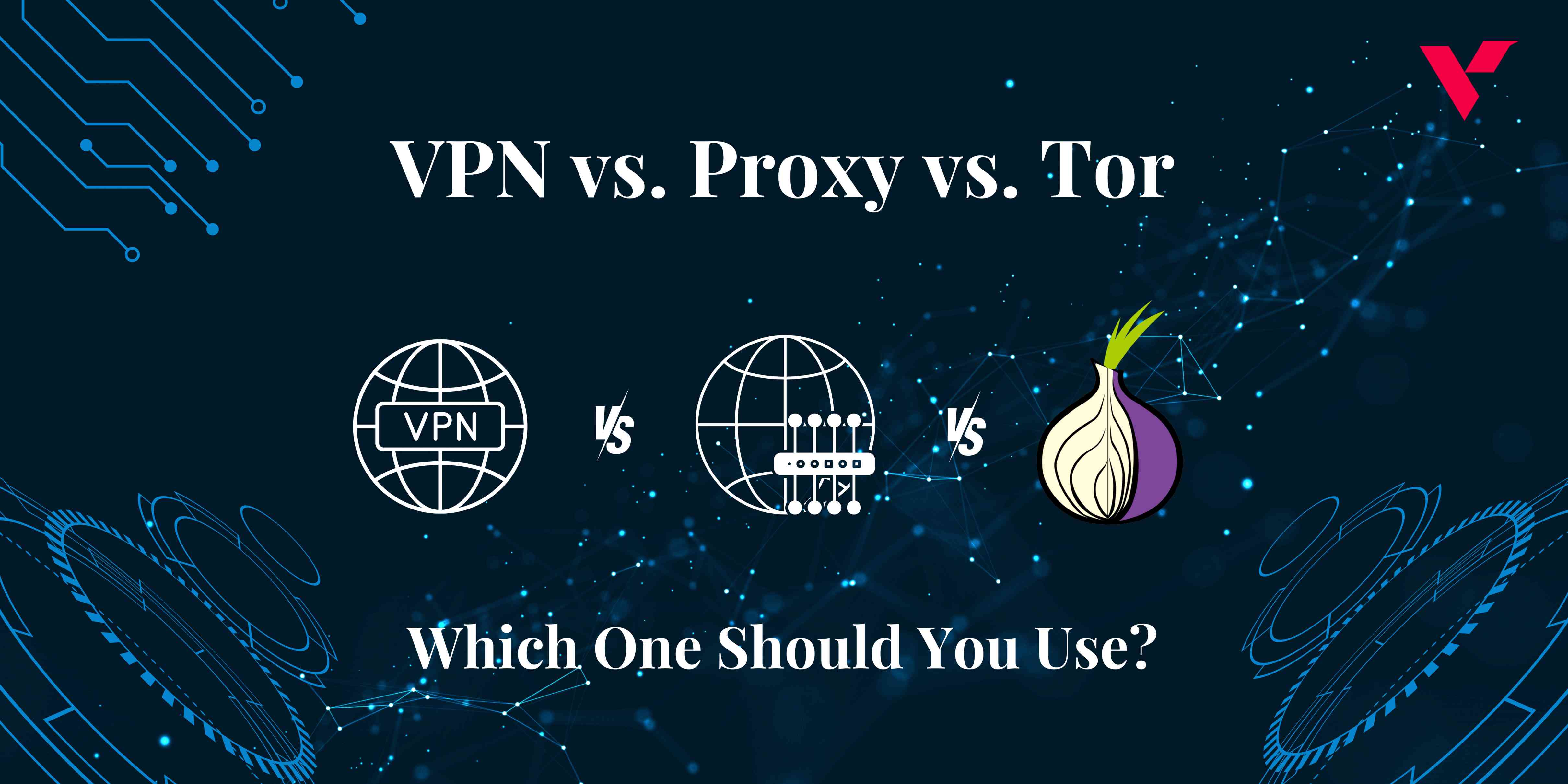Popular Tools by VOCSO
In this advanced information era, cloud stands synonymous with modern computing. Majority of businesses, ranging from small startups to even the biggest global corporations, rely on the cloud for its capacity to streamline their technical operations, augment their storage and functional capabilities. It also ensures a great reach, speed, and scalability to their applications.
NIST (National Institute of Standards and Technology) in the United States has defined cloud as a unique model to enable the ubiquitous, convenient technology network elements like storage, applications, and servers to a much more flexible, shared pool of custom configurable technology resources.
Table of Contents
Benefits of using cloud web services
The users have many options now as adopting IaaS (infrastructure as a service) like the AWS (Amazon cloud services) or PaaS (platform as a service) cloud platforms like Heroku based on their requirement. Such remote administrators can take up many core technical administration responsibilities like hosting, updating, maintaining, and scale up based on the need for the situation. There is no need for enterprises to maintain on-premise developers or administrators to take up these tasks.
IaaS offers almost all components, organizations need to build full-fledged backend architecture by ensuring desirable flexibility and optimum scalability. Deploying IaaS with all required backend infrastructure requires more overall configuration whereas deploying PaaS does not involve as much configuration efforts. Next, let us have a look at the major global players in the cloud service industry.
Leading cloud services
AWS (Amazon Web Services)
AWS is one of the most popular cloud service providers which offers many cheap to top-end cloud hosting services. Ranging from start-ups to big enterprises can use this powerful and large platform to avail cloud services.
Google Cloud
It is one of the popular PaaS model cloud service offering cloud computing, storage, API, and big data services, with which you can create and launch complex business applications of web applications on to the cloud. Google Cloud offers both SQL as well as NoSQL DBs, virtual machines, analytics, which can be mixed and match to the server to your purpose.
Microsoft Azure
It is mainly an enterprise-level IaaS and PaaS cloud service which offers both web app and mobile app deployment by ensuring optimum scaling, virtual machines, database services, machine learning, mobile backends and a lot more.
Heroku – One of the top PaaS model cloud in which you can entirely build, deploy, and run applications on the cloud.
Cloud Foundry
It is an open-source Ruby and Go based PaaS cloud solution, which offers enterprise-grade cloud computing services.
XCP (Xen Cloud Platform)
This is another open source solution among cloud services New York which offers cloud computing as well as backend virtualization. It consists of an enterprise-ready suite of tools like Xen Hypervisor, Xen API, networking, and storage operations.
Rackspace
Another popular one is PaaS, offering infrastructure-based cloud computing by providing dedicated data servers, private or public cloud, and an excellent mix of all these for a hybrid environment based on the requirement. Rackspace can also be partnered with AWS and Azure.
Oracle
This DB enterprise giant made some released by enhancing their cloud capabilities aiming at big businesses as well as small to medium companies to effectively leverage the benefits of customized cloud computing services.
Apache Cloudstack
Yet another open-source, free cloud software which helps to create and deploy customized cloud services with real-time support for virtualization.
Types of Cloud Web Services
1. Hybrid cloud
Majority of the corporate now are migrating to hybrid cloud approach a more user-friendly and strategic solution. With this, you can take the benefits of holding back certain portions of back-end infrastructure on the local virtualized servers or other co-located servers while moving resource-heavy applications to the cloud.
2. Public vs. private cloud
It is a common approach to split the workload into on-site private and cloud-based public servers. More prominent enterprises opt for a major share on a private cloud architecture, which is, in fact, more costly, but a more sincere effort in protecting the sensitive business data.
For some firms in regulated industries like finance and banking, there are strict restrictions on what information they have to store only on-premise server and what in the cloud. With this, they need to strike a delicate balance between private and public cloud to optimize the agility and scalability.
Some other essential factors to consider on moving to cloud
1. Your budget
Having an overview of this will help you narrow down the services list to find the right one for you. Flexibility is the most critical thing about the cloud as even if you start at a small level and later find the need for more, you can instantly upgrade subscription and buy more without the need to switch hard drives or other systems.
2. Support
You need to check if you have to hire someone or if you have a dedicated server professional to help with fixes and maintenances when required. It is ideal to make sure that you have a devops engineer with enough skills and experiences to integrate cloud and handle issues related to networking when needed.
3. Scalability
Assess how much growth is anticipated in your business in terms of data inflow overtime. You may surely want to expand your server space at a later stage, so you should ensure the scope of it before adopting a service.
4. Security
Lastly, but most importantly, make sure that all your sensitive data is stored on a secured server with enough backup and archiving features. Make sure that you have accessibility to your data and there are mechanisms in place for successful retrieval of server data in case of any crash.
Considering all these will surely help you to find the most appropriate cloud service, which will ultimately help to reduce your cost, offer dedicated support, and ensure flexible and scalable services over time.


















